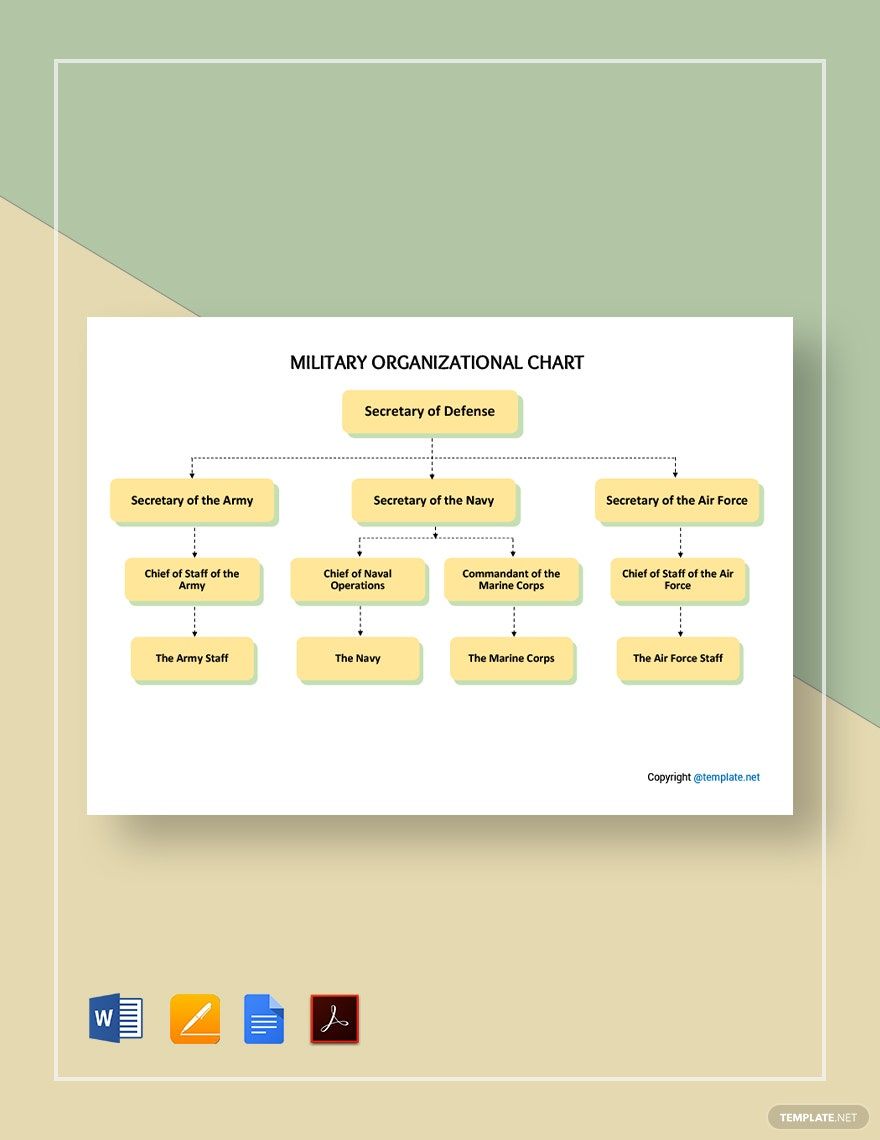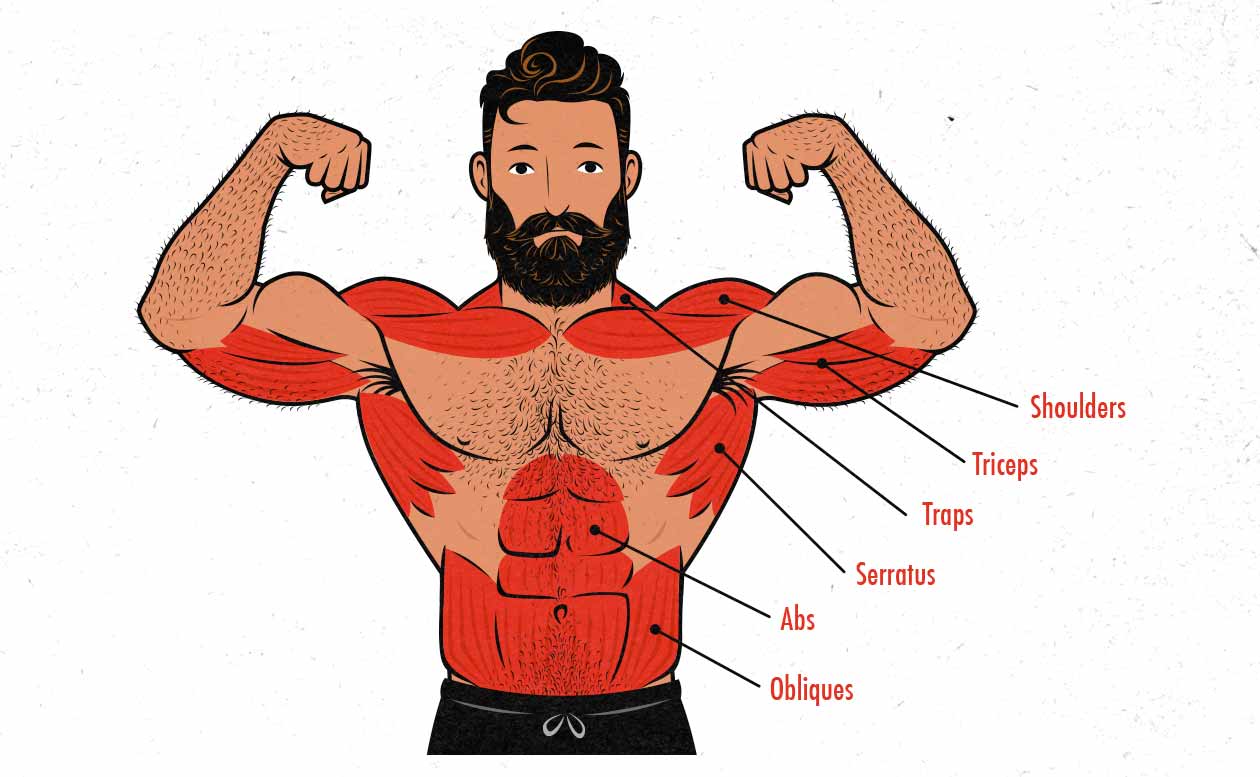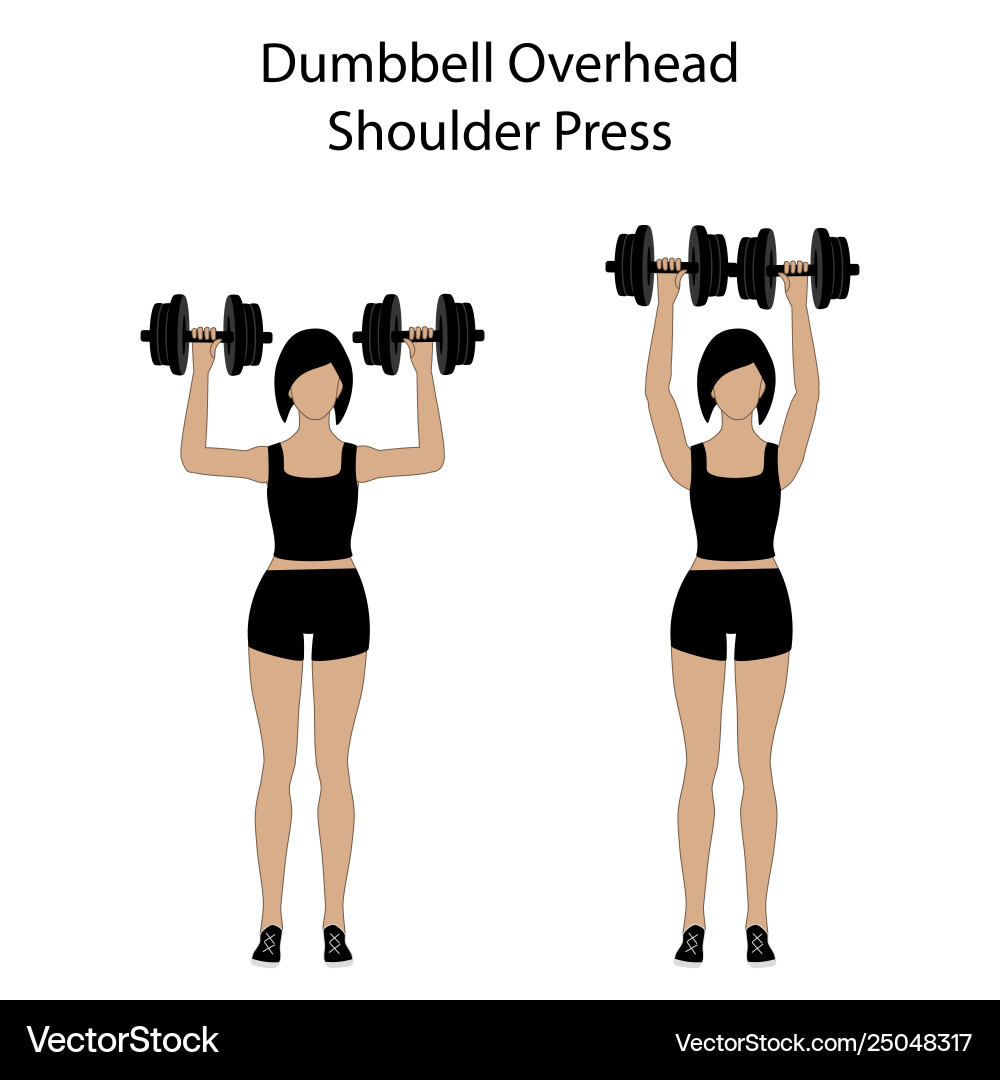Military Org Chart - This article includes a general reference list, but lacks sufficient corresponding online citations. Help us improve this article by introducing more accurate citations. (December 2009) (Learn how and why this template post was removed)
A military organization or military organization is the structure of a country's armed forces to provide military capabilities that may be required by defense policy. In some countries, paramilitary forces are included in the national armed forces, although they are not considered the military. Armed forces that are not military or paramilitary, such as insurgent forces, often mimic military organizations or use ad hoc structures, whereas formal military organizations use hierarchical forms.
Military Org Chart

In modern times, the executive control, management, and administration of military organizations is usually carried out by the government through a government department within the public administration structure, often referred to as the Ministry of Defense or Ministry of Defense. These agencies in turn manage the military branches, which themselves command formations and units specialized in combat, combat support, and combat service support.
Military Department Organizational Chart Template
Administrative control over a country's military organization, usually civilian or part-civilian, exercised in a democracy by a political leader (often called a minister of defence) elected to the government cabinet. In a presidential system, as in the United States, the president is the commander-in-chief, and the cabinet-level secretary of defense is the second-in-command. Attached to this position is usually the secretary of a specific major operational component of the armed forces as a whole, such as a component that provides general support services to service members, including their families.
There are sector-specific agency heads who provide and manage services based on specific skills and knowledge, such as strategic consulting, capability development assessments, or providing military scientific research, technology design, and development. Within each sectoral agency, there will be administrative units responsible for advancing the agency's commercial professionalization efforts.
In most countries, the armed forces are divided into three branches (also known as corps, armed forces, or services): the army, navy, and air force.
Many countries have variations of the standard model of the three basic military branches. Some countries also organize their space forces, navies, special forces, or strategic missile forces as separate armed forces. A country's coast guard can also be a separate branch of its military, although in many countries the coast guard is either a legal force or a civilian agency. Due to geography, many countries do not have navies.
Organizational Chart China Party
In large armed forces, culture can vary widely between different branches of the armed forces.
Most small countries have a single organization that covers all armed forces employed in the country. The militaries of developing countries consist mainly of infantry, while the militaries of developed countries have larger units of heavy equipment with only a small number of personnel in the infantry units.
It is worth mentioning the word union. In Western militaries, a joint force is defined as a unit or formation comprising combatant representatives of two or more services.
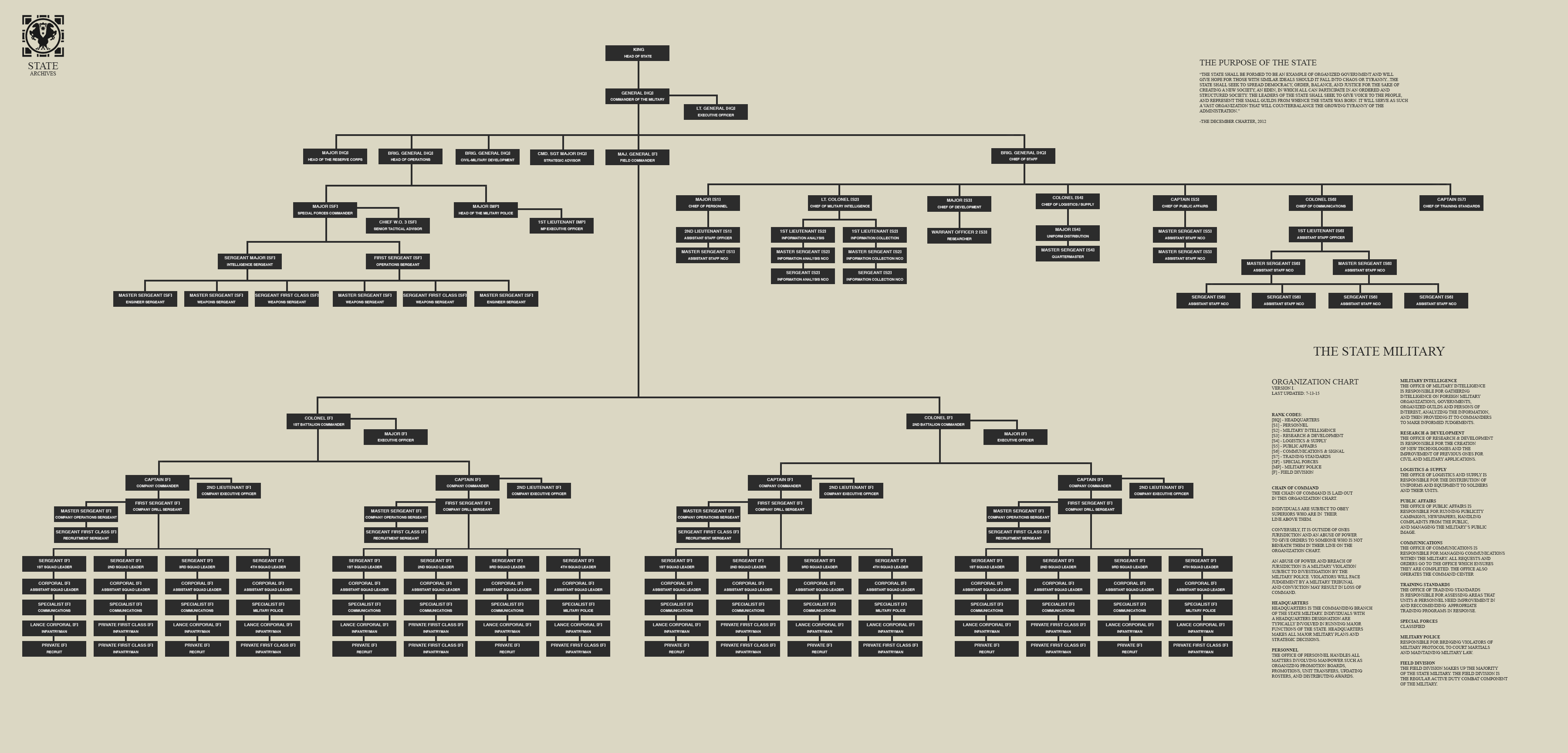
The Gendarmerie, including paramilitary forces, internal forces, and equivalents, is an internal security service common in most countries around the world, but is uncommon in countries with a long history of common law enforcement using the police, and there are guidance on how to use the armed forces. Help is strictly limited.
Peo Gcs Live Wire
At least in the armies of Europe and North America, it is common to refer to components of an army as commands, formations, and units.
In a military context, a command is a collection of units and formations under the control of an officer, although during World War II the command was also the name for a battlegroup in the United States Army. Typically, it is the administrative and executive strategic headquarters reporting to the national government or the national military headquarters. It's not uncommon for a country's military services to be made up of their own commands (like the Belgian Army's land, air force, navy, and medical), but that doesn't prevent the existence of commands that aren't services. based on.
The U.S. Department of Defense defines a formation as "two or more aircraft, ships or units operating together under the command of a commander."
In the "Encyclopedia of the Soviet Union", Fumin emphasized the nature of its combined arms: "A formation is a military organization composed of different specialized arms and active-duty troops to form a balanced combined combat force. The difference between formations lies only in the scale of their realized forces. different capabilities. Applied to achieve different strategic, operational, and tactical objectives and mission objectives.”
Pre Unification Transition In South Vietnam And The Ho Chi Minh City Military Administration (1975–1976)
It is a composite military organization that includes mixed operational adjuncts and integrated subunits, and is generally operationally capable. Examples of formations: division, brigade, battalion, wing, etc. Formation may also refer to the tactical formation, physical arrangement, or configuration of troops and weapons.
A typical unit is a homogeneous military organization (combat, combat support, or noncombat capabilities) comprising service personnel primarily from a single branch or services, whose administration and command are autonomous. .Any unit that is subordinate to another unit is considered a child or secondary unit of that unit. The synonymous use of unit and formation is not uncommon in the United States. In the practice of the Commonwealth of Nations, formations are not used for small organizations, such as battalions, but are called "units", and the platoons or companies of which they are composed are called subunits. In the Commonwealth, formations are divisions, brigades, etc.
Different armed forces, or even different branches of the armed forces, may use the same name to refer to different types of organizations. An example is "Squadron". In most navies, a squadron is a formation of several ships. In most air forces it is a unit; in the US Army it is a battalion-sized cavalry unit; in the Commonwealth Army a squadron is a company-sized subunit.
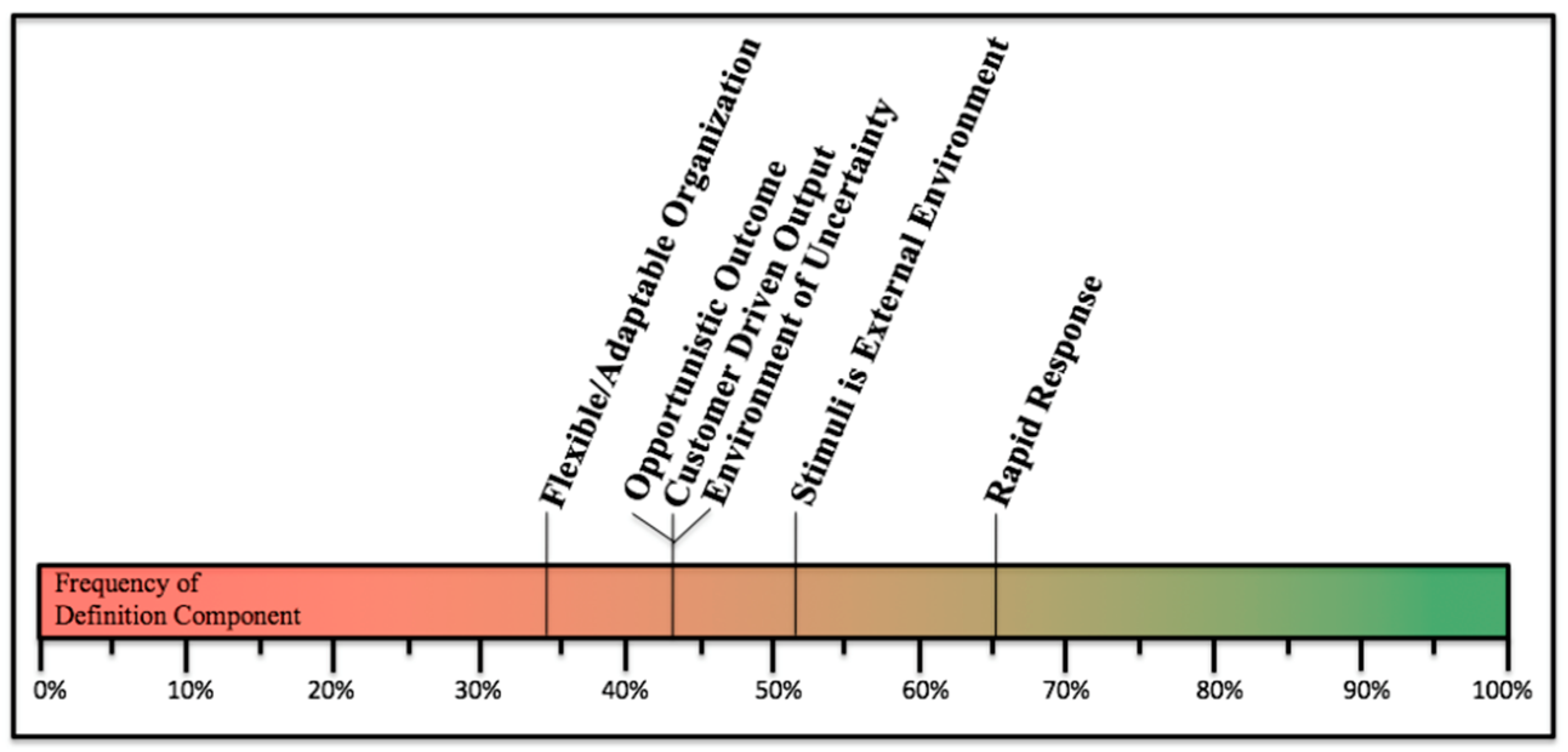
The Table of Organization and Equipment (TOE or TO&E) is a document issued by the U.S. Army Forces Management Support Agency that specifies the organization, strength, and equipment of units at and below the division level, but also includes corps and Army headquarters.
World Military Organization Structure Propose By Jorge Marlo Mira Gutierrez
It also provides information about the unit's missions and capabilities, as well as the unit's current status. A general TOE applies to one type of unit (e.g. infantry) rather than a specific unit (3rd Infantry Division). This way, all units of the same branch (such as infantry) follow the same structural guidelines.
The table below outlines some of the terms used to describe the military hierarchy of armed forces around the world. While acknowledging that there are differences between the militaries of different countries, many militaries are modeled on British or American models, or both. However, many military units and formations date back a long time and were designed by various military thinkers throughout European history.
For example, the modern legion was first introduced to France by Napoleon around 1805 as a more flexible battle group of two or more divisions during the Napoleonic Wars.
It is possible to skip rungs in this ladder: NATO troops, for example, typically move from a battalion to a brigade. Likewise, only military powers can have higher levels of organization, and different armies and countries can also use traditional names, causing considerable confusion: for example, British or Canadian armored regiments (battalions) are divided into squadrons (companies) and troops ( Platoon) ), while a squadron (battalion) of the U.S. Cavalry is divided into troops (company) and platoon. In the Frch system (used by many African countries), the company is divided into 3 "battlegroups" of 7 soldiers, a vehicle crew and a headquarters (platoon) including 2 snipers.
Offices And Directorates
Land forces, group armies, theaters, and theaters are all large formations, and the size and rank status of the various armed forces vary widely. While divisions are the traditional level for adding support elements (field artillery, hospitals, logistics and maintenance, etc.) element. A regiment with such support troops is called a regiment-level combat team in the words of the US military, and is called a battle group in Britain and other countries. The Canadian Army doctrine also includes combat teams, which are a company of infantry plus tanks, or a squadron of tanks plus infantry, or a combination of a full company of infantry and a full squadron of tanks.
During World War II, the Red Army used the same basic organizational structure. To begin with, however, many of the units are woefully underpowered, and they're actually a step down in size from what's commonly used elsewhere. For example, early World War II Red Army divisions were the size of regiments or brigades in most countries.
At the top of the ladder, other countries call
